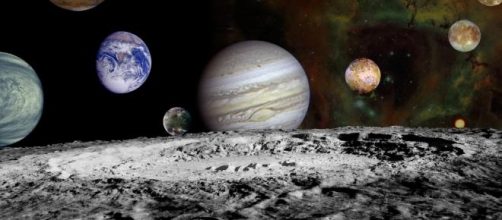Just when we might think that people are losing interest in Space-trips, considering that the US will have no more Space Shuttles in their soil, NASA communicates that Space exploration is from over for the USA. Astronauts Mikhail Kornienko and Scott Kelly are preparing for the longest space-trip ever made. The main objective of this mission will be to explore long term exposition to space conditions.
Kelly and Kornienko will become pioneers in long term space exploration. The main purpose is to study the effects that long term exposition to low-gravity and radiation can cause on human beings.
Nowadays, we can only speculate about what the effects might be, but there is a general consensus about the possible side-effects, which include certain types of genes mutation and even cancer. Also, it is well known that astronauts lose around 1.5% bone density per month and also experiment muscular loss during space trips due to the absence of gravity. However, it is not known if human beings can withstand such conditions for long periods of time.
The US and Russian astronauts will spend no less than 12 months in space to determine whether or not human beings would be able to survive such a journey and what precautions might be needed in order to achieve minimal muscular / bone density loss.
The International Space Station will be used as a huge laboratory, enabling them to research the true side-effects of being exposed for so long to such harsh conditions.
Another important fact to highlight is that after this space-trip, the longest ever made and which will last a whole year, the door to long term Space Exploration will be opened, or so they hope. This would enable astronauts and scientists all around the world to possibly visit Mars, our closest neighbor. By doing so, they could observe with their own eyes what goes on the Red Planet and not being limited by what a camera can record and send back to Earth. At least two important questions arise: Can humans withstand prolonged trips to farther planets? What would we find if we can?

